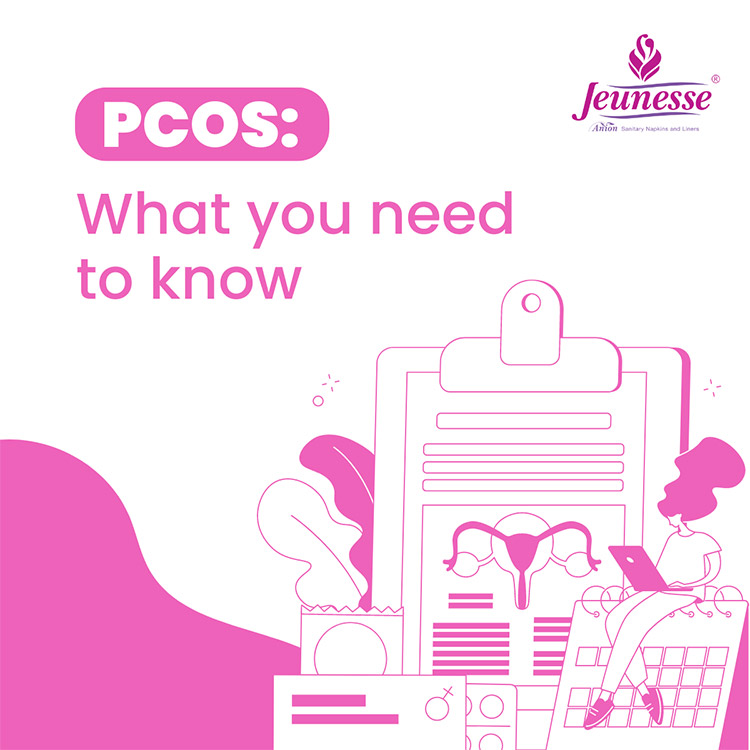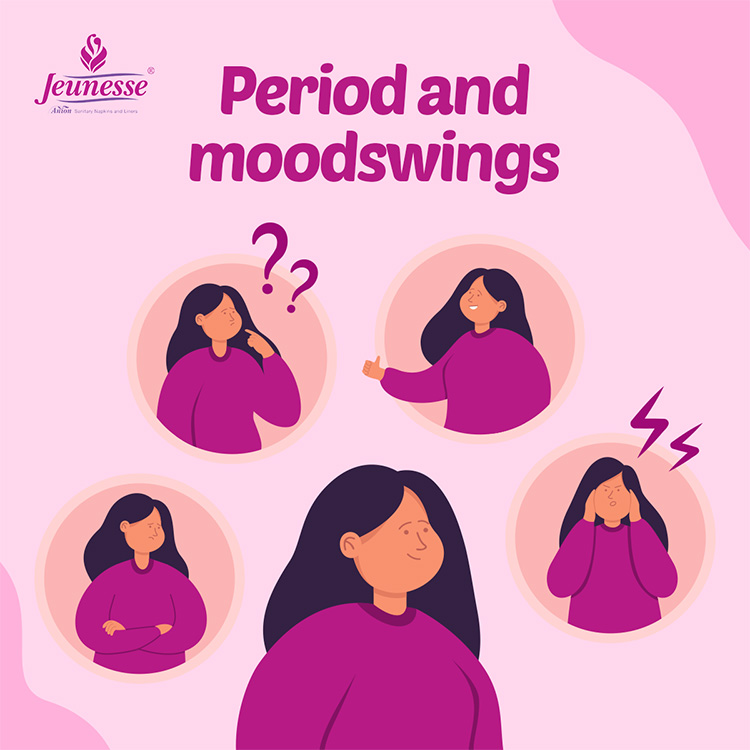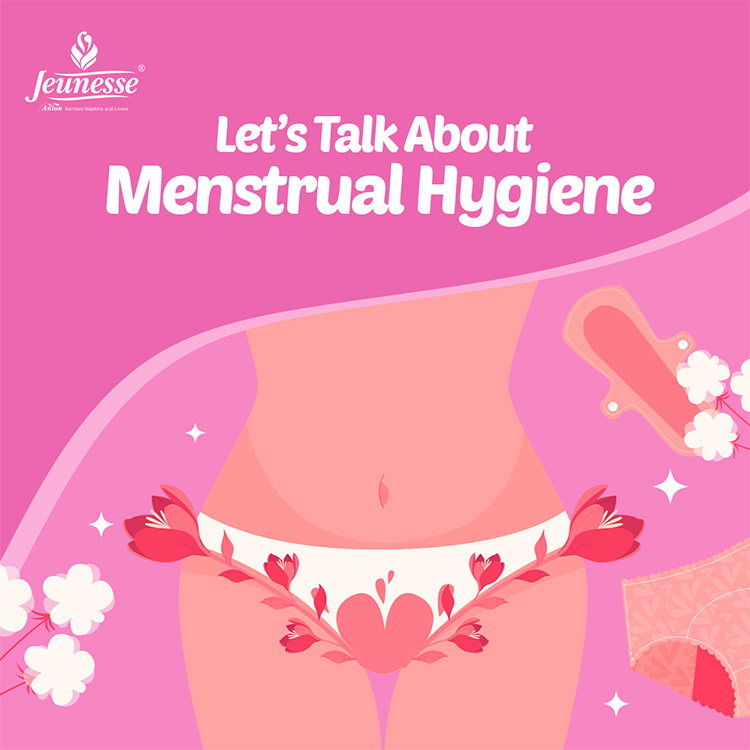Cloth, Cup, Tampon, or Pad?
Cloth, Cup, Tampon, or Pad? Here’s how you can decide according to an OB-Gyne
An informed decision helps us better manage our menstrual cycle before it manages us. With the variety of choices available, this is a question we have to ask ourselves.
Times has changed and our on-the-go lifestyle demands period protection that we can consistently trust and feel comfortable about wearing it. First, there was cloth menstrual pad. They are cloth pads worn in the underwear to prevent menstrual blood from leaking onto clothes. And then there was sanitary napkin and all the women in the world merrily threw away their stained cloth pads and welcomed the one-use non-messy pad. Then it evolved to suit the needs of women. It grew wings and came in various lengths and absorbency levels.
Other women complained of swimming with a pad on. And so is the advent of tampon, a plug of soft material slipped inside the vagina to soak up menstrual blood. However, in the process, even the vagina’s healthy bacteria that prevents infection was also absorbed. So, menstrual cup was born. It’s a bell-shaped cup made of silicone designed to collect menstrual fluid, rather than absorb it, for disposal later.
Which are the ones to skimp and the one you should keep? Let’s look at the pros and cons of the four according to Dr. Faith Suluen, OB-Gyne.
Cloth Pads
PROS:
1. Economic
Having enough cloth pads will help you save a lot of money because you will never have to buy another pad or tampon in the next 3 to 5 years, assuming you will never lose them. If you spend say, P1,200 per year for menstrual products versus P800 in three years for cloth pads, that would save you loads of money.
2. Reusable
Conventional disposable napkins are typically made of plastic, cotton, and synthetic fibers. Some brands uncaringly use cottons which are grown using pesticides. All these materials are bleached and by-product of which not only remains in our bodies but contributes to pollution. These are the not-so-secret ingredient of allergic reactions, hormonal disturbances, and gynecological problems. Cloth pads save you from these.
3. Environment Friendly
Since it is reusable, you keep a lot of disposable products out of landfills. A woman uses 12,000 to 16,000 menstrual products in her lifetime. Switching to reusables is an example of how small personal choices can have a huge impact on the planet.
4. Breathable
Unlike the typical disposables that contain plastics, artificial fragrances, and adhesives, cloth pads are made up of soft, absorbable and breathable materials. Breathability allows air to pass through keeping infections and rashes away.
CONS:
1. Requires washing
You don’t throw it in the bin. Instead, you put the used pad in a sealed or waterproof plastic bag or container until you are able to wash them. Or you can wash them every bath time if you don’t want to wait for the next laundry day. That adds up to your shower time which for some is inconvenient.
2. Necessitates care
After washing, you can air-dry or machine-dry them. Take note not to use fabric conditioner on them because it may affect their absorbency and cause skin irritation.
Tampons
PROS:
1. Discreet
If you’re the one who requires greater physical freedom, does sports, or prefers the no visible panty lines thongs even during that time of the month, you’re most likely to pick tampons. Once inserted, it can hardly be felt. Just don’t forget about it completely.
2. Compact
It is easier to store or to dispose compared to napkin since it is just as tiny as a bullet with a string attached to it so you can easily pull it out.
CONS:
1. Difficult to use at first
The first-time struggle is real. It can be difficult to learn to use and some women report pain during insertion. It also has more precautions to follow. Insertion requires you to squat, raise one leg up, or sit with knees apart. Positioning can be done using your bare hands or the applicator. Others make use of a little bit of lubricant.
2. Frequent change
It is best to change every four to eight hours. It can’t sit inside the vagina longer that that otherwise, it can cause toxic shock syndrome, a life-threatening complication caused by bacterial infection.
3. Frequent change
Although it is compact, the outer covering is not biodegradable. I have talked about the non-eco-friendliness of disposables above enough
Menstrual cup
PROS:
1. Reusable
Some menstrual cups are designed for long-term use and can even last up to 10 years, although there are disposable ones. All you need is a mild soap and water to keep it clean. Another way of cutting your monthly expenses and helping the planet.
2. More time between changes
Menstrual cups can hold as much as 1 ounce of fluid, almost double the volume tampons or pads can hold. It can be safely worn for up to twelve hours even during heavy flows and overnight.
3. Lesser risk
It does not contain bleaches or chemicals too potent for the vagina. Since it is designed to just collect and not to absorb fluids, the healthy bacteria and lubricants which are supposed to stay in the body are preserved.
CONS:
1. Fit challenges
It comes in different sizes so it can be challenging before you can find the perfect fit.
2. Difficult to insert
Just like tampons, it is not very easy to insert especially for young girls and first-time users. It is also not recommended to be used if you have an intrauterine contraceptive device in place as it may dislodge it.
3. Messy
Removing it may be tricky and messy. Washing it in a public restroom may sometimes be complex and embarrassing as well.
Sanitary Napkin
PROS:
1. Convenient
After usage, you just wrap it and put it in the bin. It requires little effort on the part of bleeding women who are already enduring menstrual cramps and mood swings.
2. Easily available
You can buy disposable sanitary napkins almost everywhere globally – supermarkets, convenience stores, vending machines, and even online. It is accessible to women as long as purchasing power is there.
3. Lower upfront cost
It is more economical to buy disposable pads for the month’s cycle but is more expensive in comparison with cloth pads.
4. No insertion required
It’s easier to use and has less precautions to follow. A lot of women aren’t comfortable inserting artificial menstrual products in their privates. The main reason why sanitary pads are still women’s top choice. Further, it can be worn overnight and allows women to monitor the flow once in a while.
CONS:
1. Higher cost overtime
If you add up your expenses on buying disposable pads for the whole year, it will be more expensive compared to cloth pads. As discussed above, P1,200 per year versus P800 for three years, you choose.
2. Not eco-friendly
Some of the products use materials that take time before they biodegrade. Plastics for example, sit in the environment for 20 to 500 years, depending on which type, before they decompose.
3. Messy
Removing it may be tricky and messy. Washing it in a public restroom may sometimes be complex and embarrassing as well.
Sure, there are many options around but in our humble opinion, the right one for not only provides comfort and protection but can actually do more for you. If you think that shoving something to your vagina is a bit off or using a cloth pad is not exactly well-suited to your lifestyle, now is the best time to give Jeunesse Anion a try.
If you think all sanitary pads are equal, Jeunesse Anion sanitary pads and liner begs to differ.
It is made of sterilized pulp material giving you that extra softness and breathable freshness. It uses non-toxic glue and is fragrance-free for additional protection. Each pad contains anion chip that once in contact with moisture, releases negative anions that guarantees an abundance of healing benefits. It helps eliminate bacteria, reduce discomfort, and eliminates unwanted odor.
It is so mindful of your needs it made itself available in five different variants – ultra‐day pad, day pad non-wing, ultra-night pad, all-night, and panty liner.
Wellgold International, Inc. distributes Jeunesse Anion Sanitary Napkin and Liners. Jeunesse is available at Watsons, selected Mercury Drug and South Star Drug outlets, SM Department Store’s health and beauty section, Robinson’s Supermarket and selected department stores, Shopwise, Rustan’s Supermarket, Waltermart, Landmark Department Store, PCX stores, selected Metro Gaisano outlets, plus other selected stores in Visayas and Mindanao.
For more health tips, visit www.jeunesseanion.com and follow Facebook, YouTube, and Instagram: Jeunesse Anion. For inquiries, email: [email protected] or call (02) 4701294.






